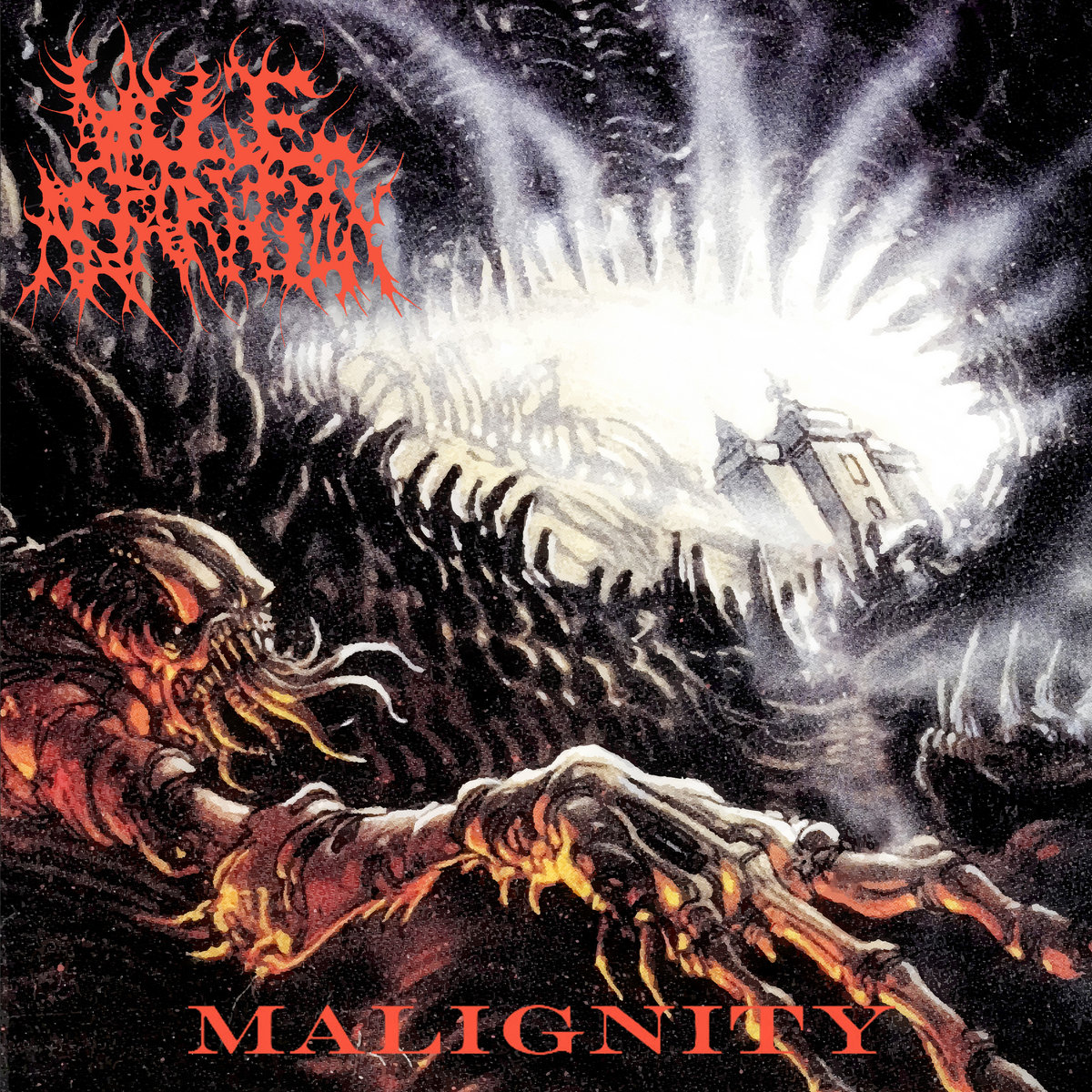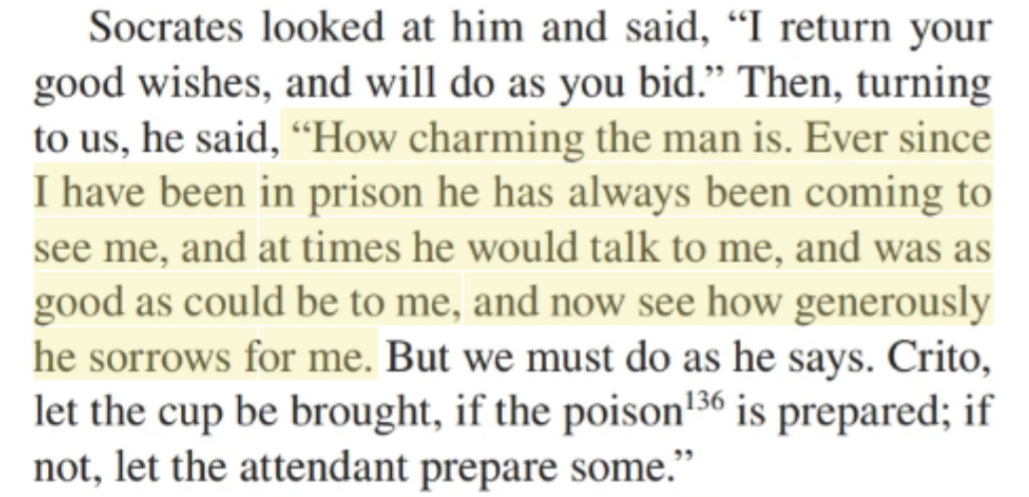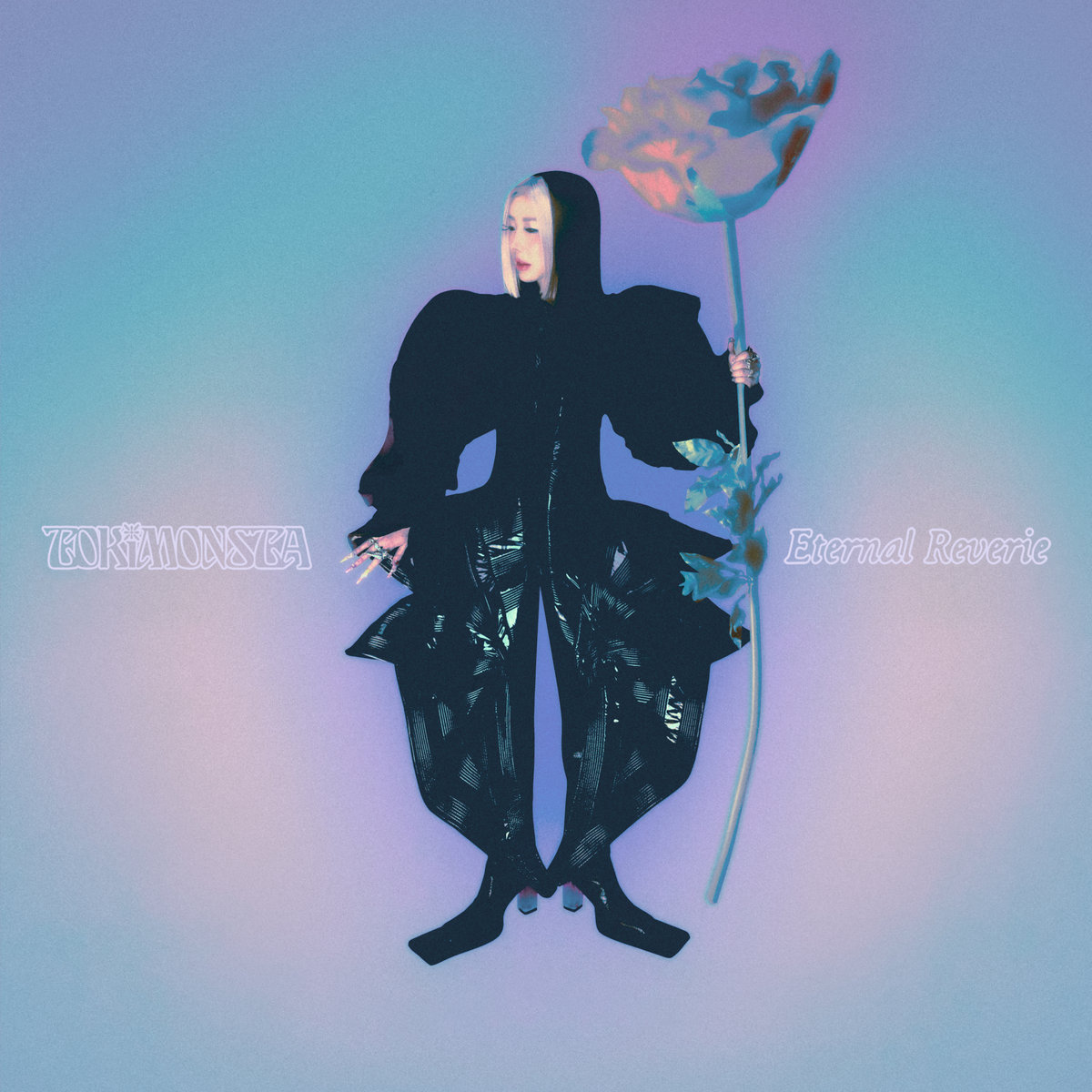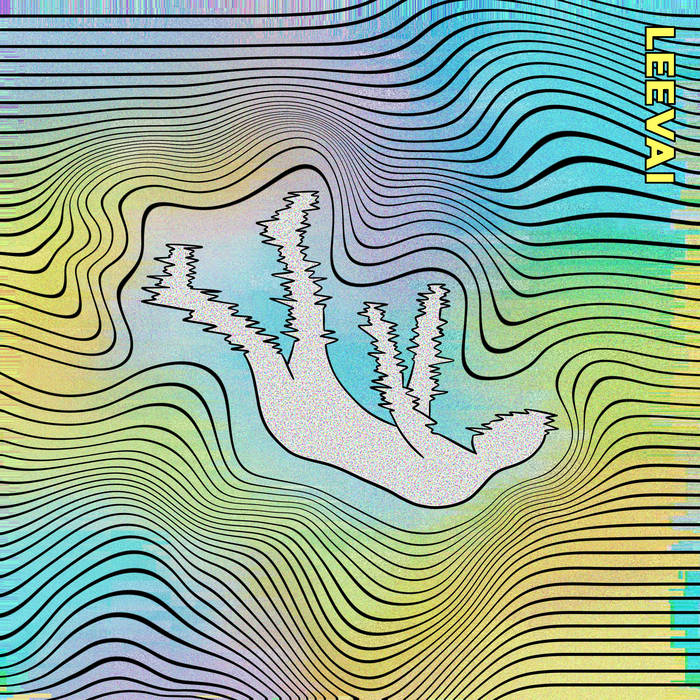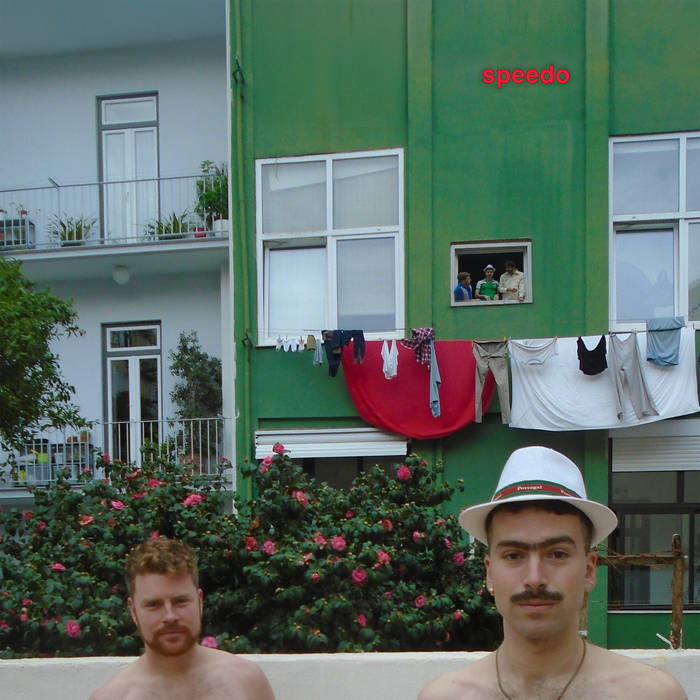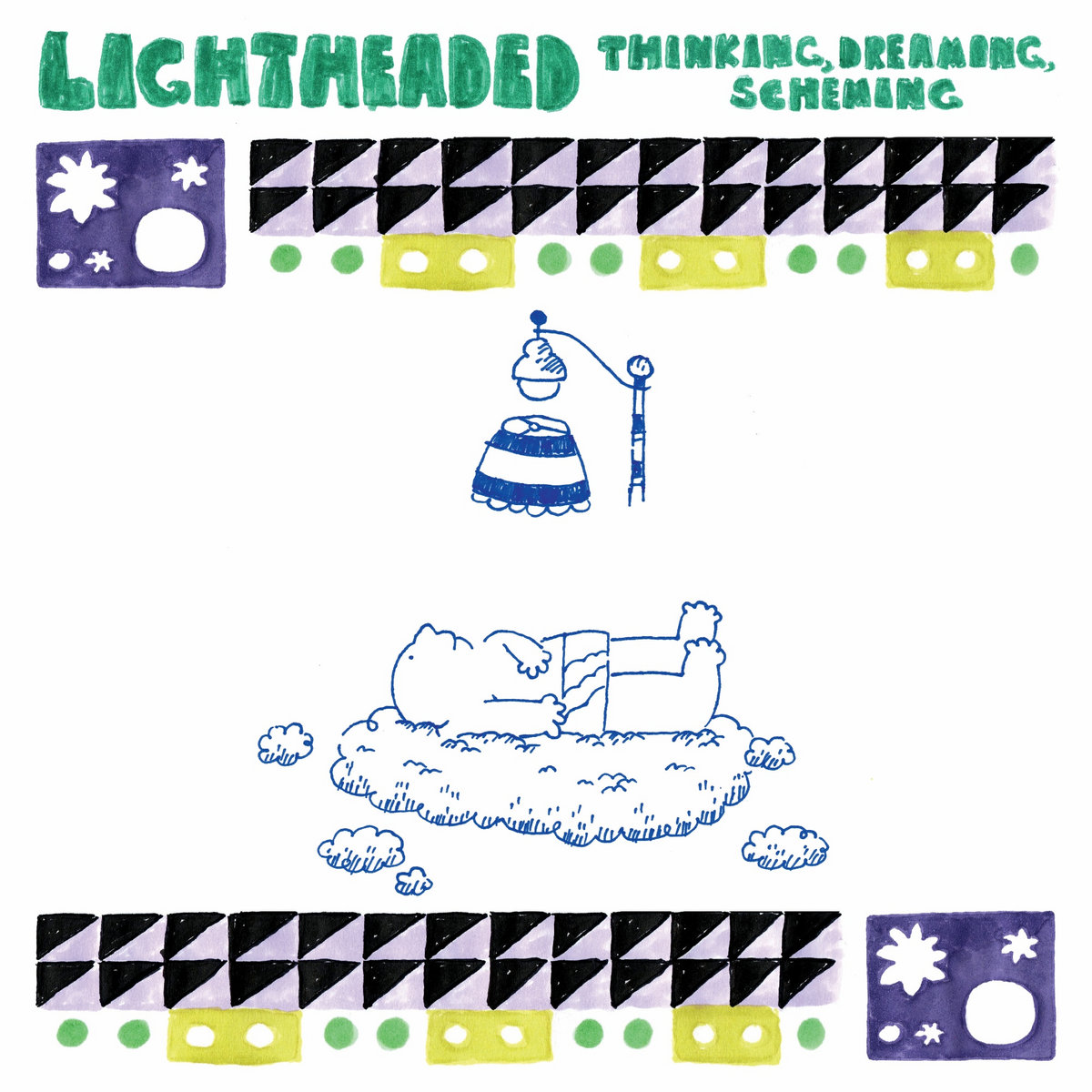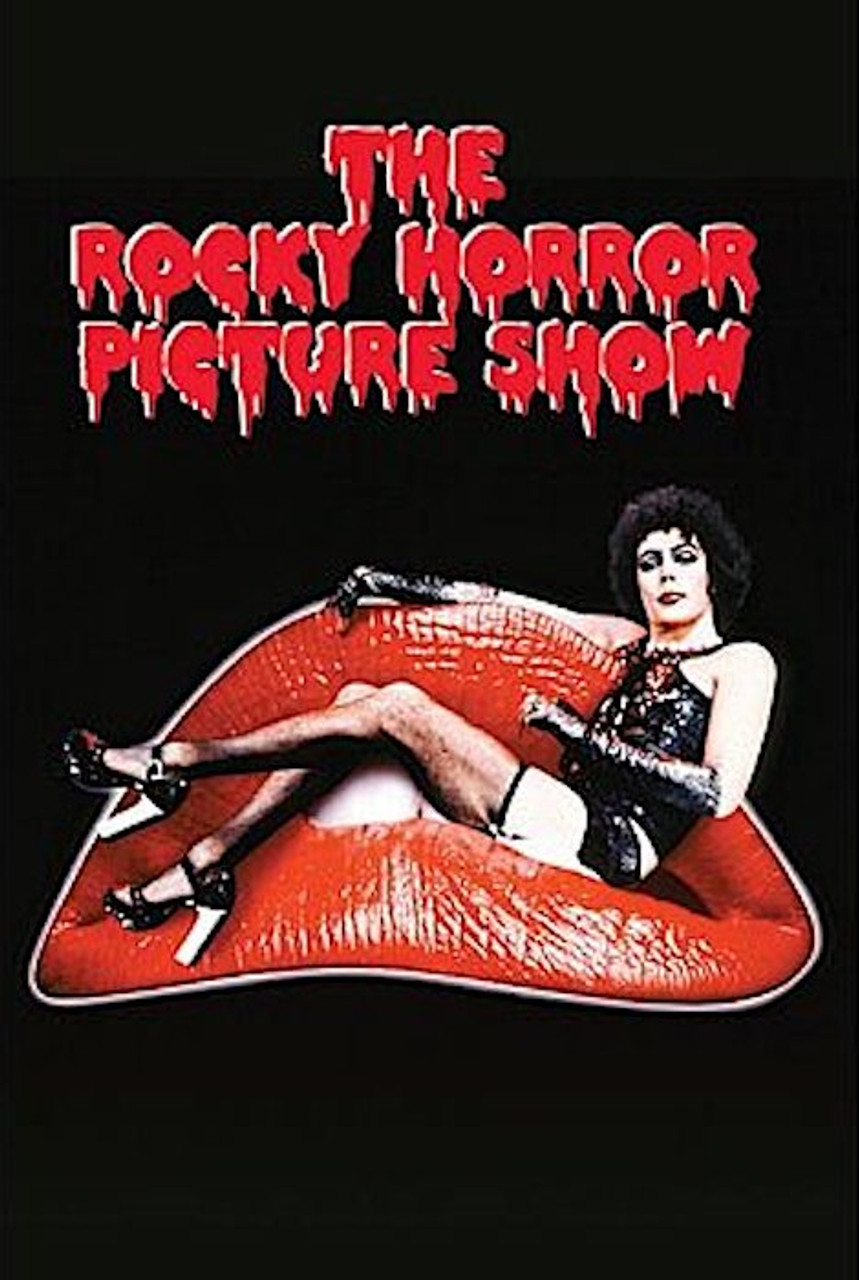Daylight savings time has come to its timely close, on Halloweekend no less. While I’m sure many of us enjoyed and appreciated that extra hour Saturday night, there are many more changes still to come.
The days are colder and the nights are longer. The sun is setting earlier and earlier every day and with that comes many an annual affliction. Aside from the flu and getting paler, seasonal depression comes a-knockin’.
Officially referred to as seasonal affective disorder, this silent criminal of good feelings is not an all or nothing affair. There are many ways to combat the seasonal sadness most tend to feel around this time of year and so I have decided to compile a list for anyone in need.


